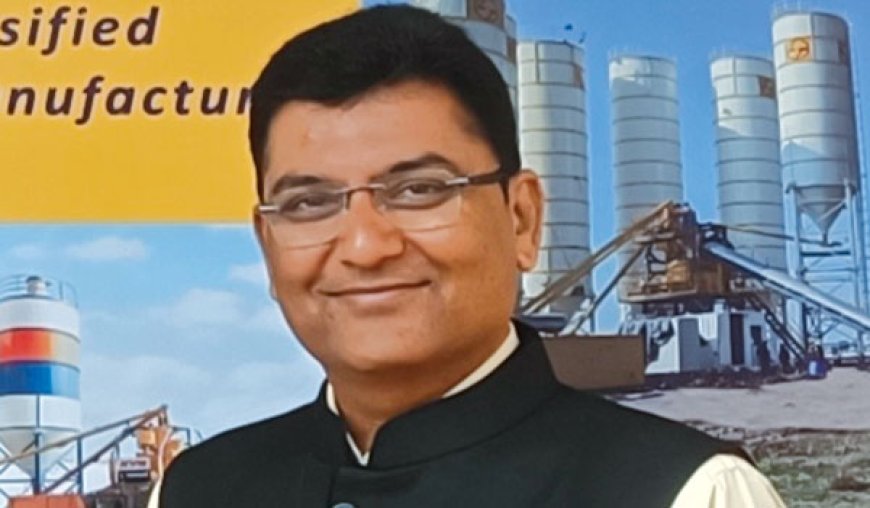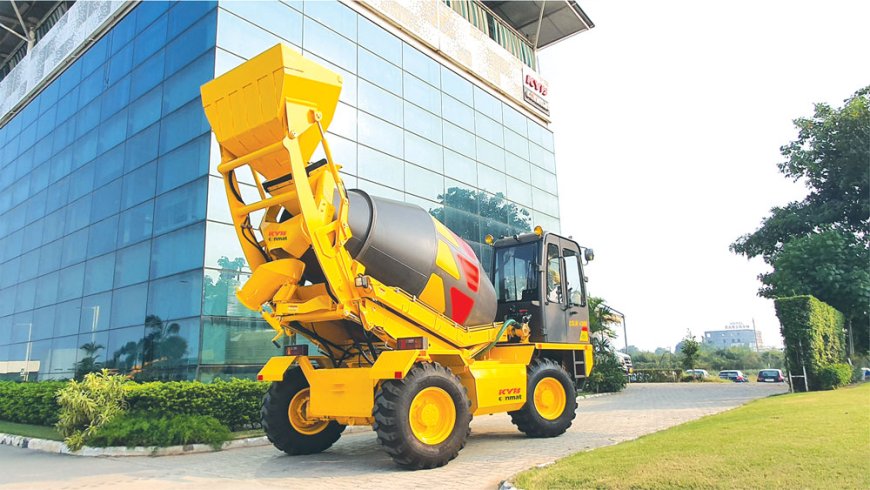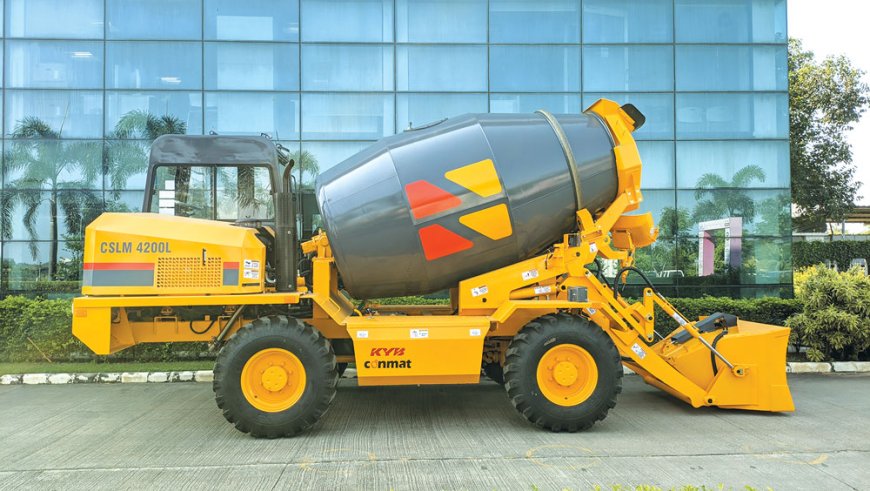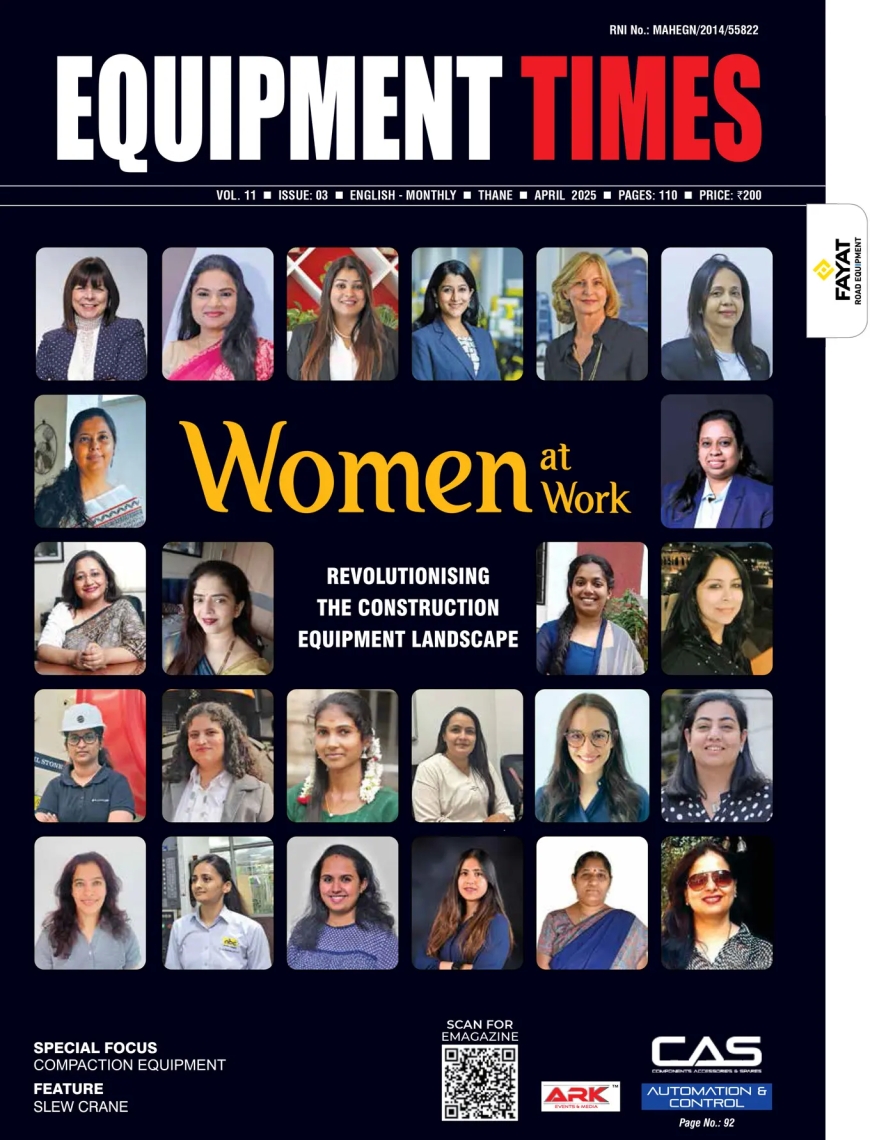It is important for optimizing efficiency in equipment for productivity and sustainability.

As India strives to emerge as a global leader in construction equipment manufacturing, what are your perspectives on the challenges and bottlenecks within the sector? & How has the shortage of skilled labour impacted the construction equipment industry? What initiatives has your company taken to address the skills gap among your workforce?
The construction equipment sector faces several challenges that can impact its operations and growth. These challenges vary depending on factors like geographical location, economic conditions, and industry trends. Here are some common challenges faced by the construction equipment sector:
Equipment Maintenance: Ensuring regular maintenance and repairs can be expensive and time-consuming, affecting the equipment’s efficiency and uptime.
Project Delays: Delays in construction projects, whether due to environmental clearances, permitting issues, or other factors, can affect equipment utilization and rental revenues.

Aging Equipment: Maintaining older equipment in a safe and efficient condition can be challenging, as parts may become obsolete, and repairs can be costly.
Inflationary issues: Due to completely unpredictable global headwinds, there is high pressure on the whole supply chain, leading to an increase in cost of the overall products. Inflation is one of the most challenging aspect which is not in anybody’s control and has tremendous impact on the whole sector. The exchange rate fluctuations also play a critical role in the supply chain.
Skilled Labor Shortages: The availability of trained manpower, skilled operators and workers to operate heavy machinery is a big challenge in this sector. The sector often faces shortages of skilled labour, including equipment operators and maintenance personnel.
To address manpower challenges and other challenges, we have initiated the following things:
Training and upskilling of equipment operators.
We recognize that well-trained operators are fundamental to maximizing the efficiency and productivity of our equipment. Our initiatives include:
• Comprehensive Training Programs: We offer comprehensive training programs for operators to ensure they have the necessary skills and knowledge to operate our equipment efficiently and safely.
• Continuous Learning: We encourage operators to engage in ongoing training and skill development to stay up to date with the latest technologies and best practices.
Adopting alternative fuels to reduce emissions.
Sustainability is a key focus for us, and reducing emissions is a critical part of our strategy. Our equipment incorporates advanced emission reduction technologies to minimize the environmental impact while maintaining performance.
• Our Self-Loading Concrete Mixers machines are BS-4 and ARAI compliant, offering better fuel efficiency. We make our machines as per latest standards of the emission control and aggressively work towards making our machine more environmentally sustainable in the process.

Optimizing equipment utilization
It is important for optimizing efficiency in equipment for productivity and sustainability. Our initiatives in that aspects are as below:
• Telematics and Data Analytics: We leverage telematics and data analytics to monitor equipment usage and identify opportunities for optimization, reducing idle time and fuel consumption.
• Rental and Sharing Programs: We promote the sharing of equipment when possible, reducing the need for additional units on-site and minimizing resource consumption, thereby working on reducing the carbon footprints in the process.
• Embracing connected and digital construction practices. We continuously work on incorporating digital technologies like Internet of Things (IoT) in our products allowing us for real-time monitoring, predictive aintenance, and data-driven decision-making in the process.








